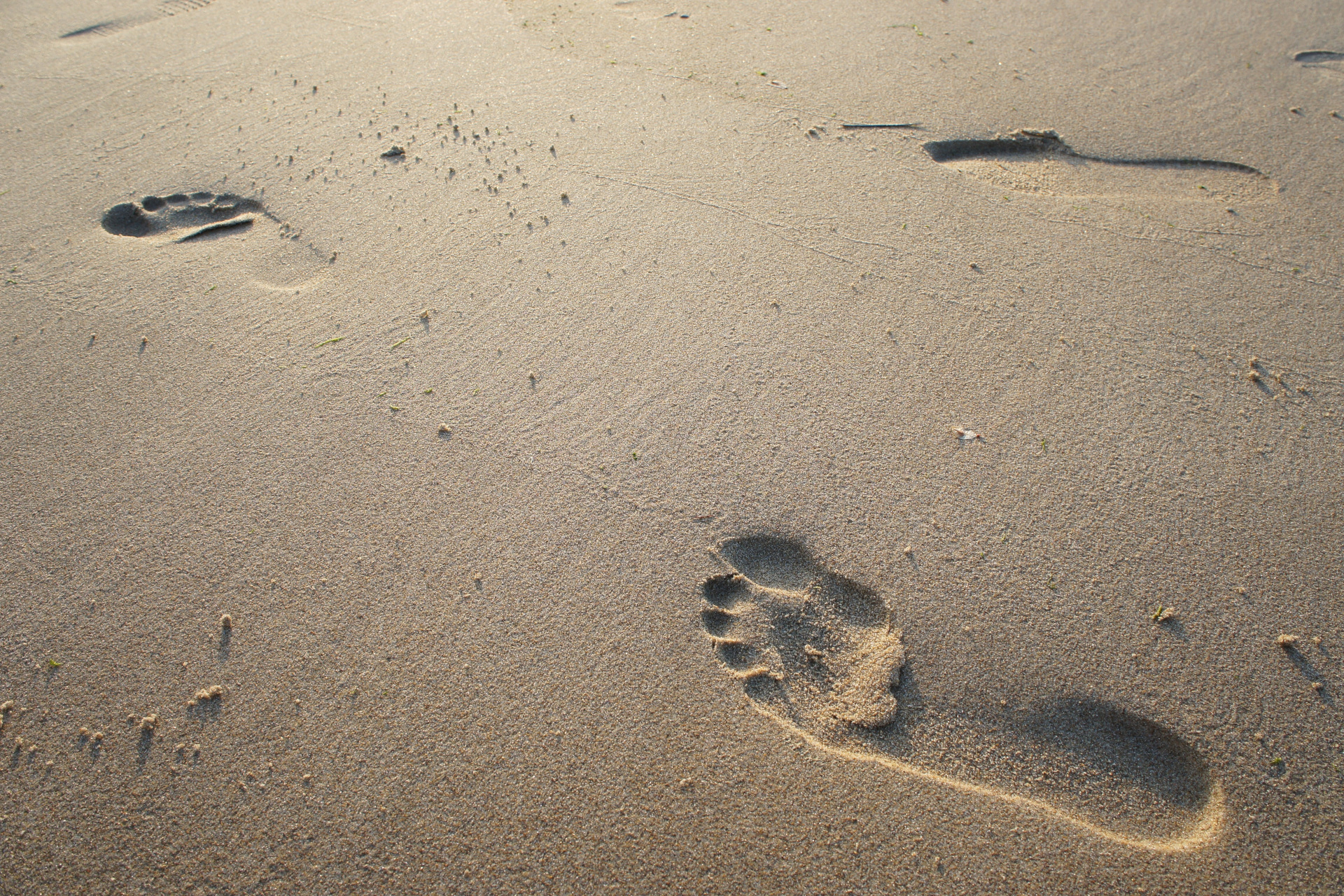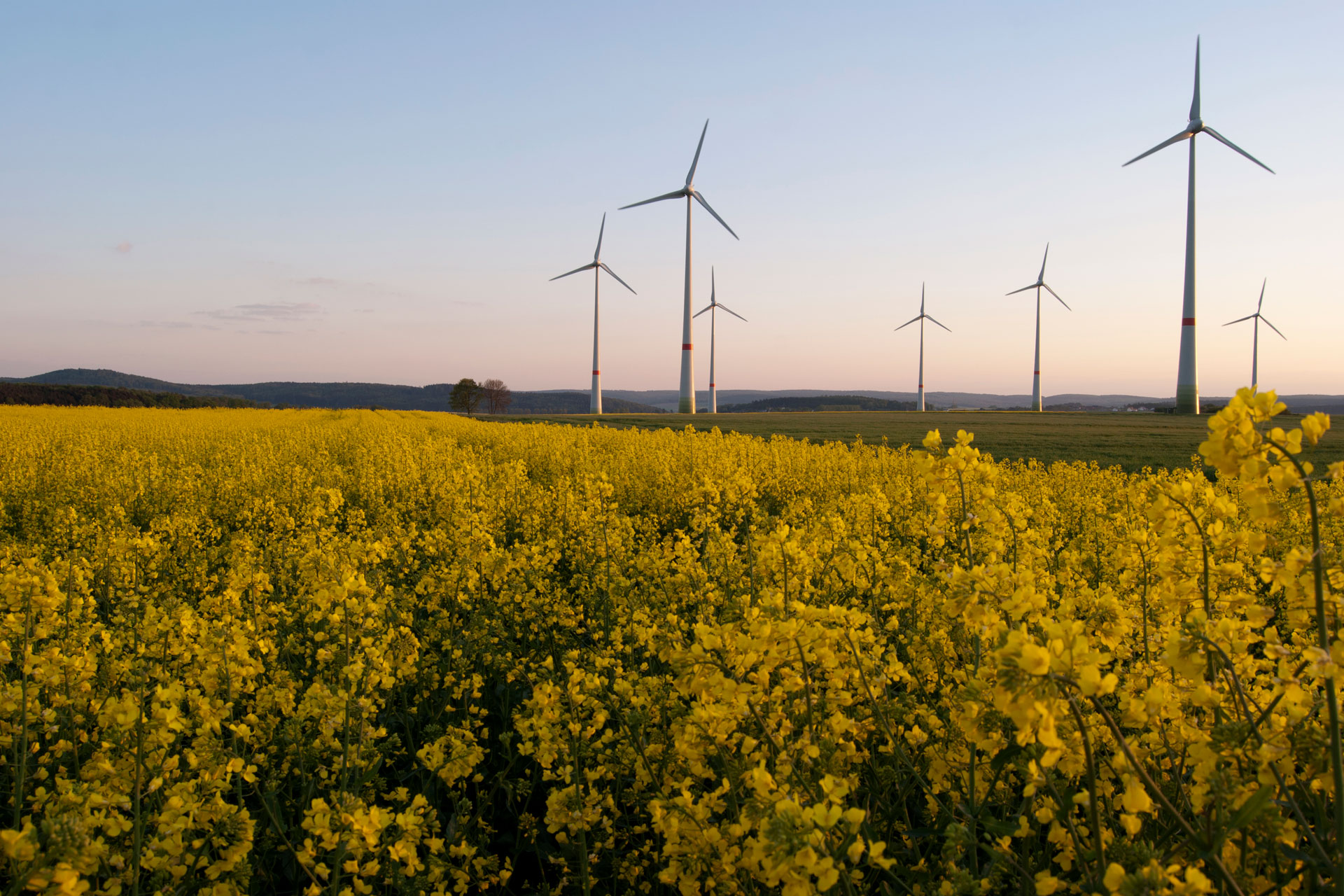The Green Coach: Stop Guilt-Tripping Me Over My Carbon Footprint
By
2 years ago
How to tackle climate guilt

With countries like China emitting billions of tonnes of carbon, alongside huge multi-national companies, what’s the point in guilt-tripping people over their own vanishingly tiny personal carbon footprints? Lucy Johnson, psychotherapist and founder of Green Salon, explores the carbon footprint question in this month’s Green Coach column.
The Green Coach: Stop Guilt-Tripping Me Over My Carbon Footprint
Dear Lucy,
I have been hearing much more recently about my ‘carbon footprint’ and, frankly, it makes me feel pretty angry that I’m being guilt-tripped into worrying about my carbon footprint when you have countries like China that seem to have a huge carbon footprint, or companies that don’t seem to do anything about it. As one person my carbon footprint is just so insignificant as to be laughable.
Will

(c) Pexels
Dear Will,
Thank you for your honesty. I suspect there are millions of people out there who feel exactly the same as you. You’re right: our individual carbon footprint as a statistic is vanishingly insignificant. Over our lifetimes, we are responsible for an estimated 0.0000000064491165 per cent of all historical carbon emissions*. A mere nanoparticle.
For some people, this statistic is evidence of why BP’s decision to coin the term ‘carbon footprint’ in 2004 was an exercise not so much in PR as cynicism. As the second largest non-state oil company in the world, it could conveniently use the term to offload its responsibility for belching millions of tonnes of carbon into the atmosphere onto us consumers.
So I understand your frustration on the emphasis on people’s personal carbon footprints. Perhaps it helps to see it another way. Think of the carbon problem like a giant mechanical clock. No single cog can move without impacting every other cog in the system. Of course, the modern carbon system is infinitely more complex – more like a coral reef in its tangled web of interdependencies – but, like a coral reef, the behaviour of one species has ripples across the entire system.
The way we interact with the fashion industry is a classic example of this. While millions of youngsters flock to China’s uber-fast fashion chain, Shein, why would it alter its business model? But the changing trend for sustainable fashion is spinning the model of even established fashion companies on their heads, with brands like LuluLemon and Cos embracing resale.

(c) Getty Images
While you and I may be responsible for an infinitesimally small amount of carbon, as consumers our actions add up. So much so that a UN report last year, found that consumer choices and behaviour change over the next decades could lead to a 40-70 percent drop in carbon emissions by 2050. Far more consequential than if our actions were truly insignificant.
And as for China? Frustratingly, while it spews out 31 percent of global emissions, that’s not as much as the top 10 percent richest people in the world – those with incomes over £100,000 – which adds up to half of all global emissions**. Tempting as it is to point the finger, we all live in systems that are powered by carbon. It’s just that increasingly we have the option to make lower-carbon choices.
I realise this is probably not the answer you want to hear. It can be deeply irritating to feel that you are being made to do something against your will. But you talk about feeling ‘guilt-tripped’ into feeling a certain way. I’m wondering about your feelings around guilt. Other people may have strong feelings around climate change but they do not have the power to make you feel something that you don’t want to feel.
So the question is what do you want to do in response to climate change? What are your values? Are you concerned about rising temperatures and the loss of biodiversity? Or do you see the whole issue as overblown? Perhaps it’s time to sit down and have an honest discussion with yourself about just how much you feel you can and want to do.
Ultimately, your choices – as long as they are legal – are nobody else’s business but yours. I suggest you get straight about what you yourself think, and feel, about what is happening – and then live your life accordingly.
Lucy
*Figure taken from Spinning Out by Charlie Herzog Young.
**Share of CO2 emissions in 2019, from Climate Equality Report, Oxfam 2023
Featured image: Dim Hou, Unsplash






